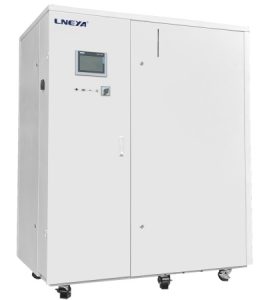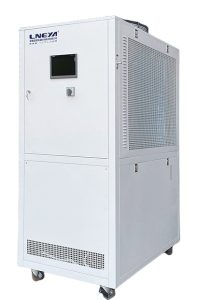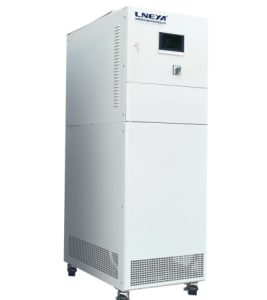chiller 25 kw
30A 25 kW chiller, often associated with a cooling capacity of approximately 9 tons, is a significant piece of equipment for various industrial and commercial cooling needs. This article delves into the aspects of 25 kW chillers, including their types, applications, efficiency factors, and the elements that influence their pricing. It also underscores the importance of considering operational costs, maintenance, and the total cost of ownership. The article aims to guide users in making informed decisions when selecting a 25 kW chiller for their specific requirements.
View details Industrial Chiller Heater Equipment Supplier-LNEYA
Industrial Chiller Heater Equipment Supplier-LNEYA





